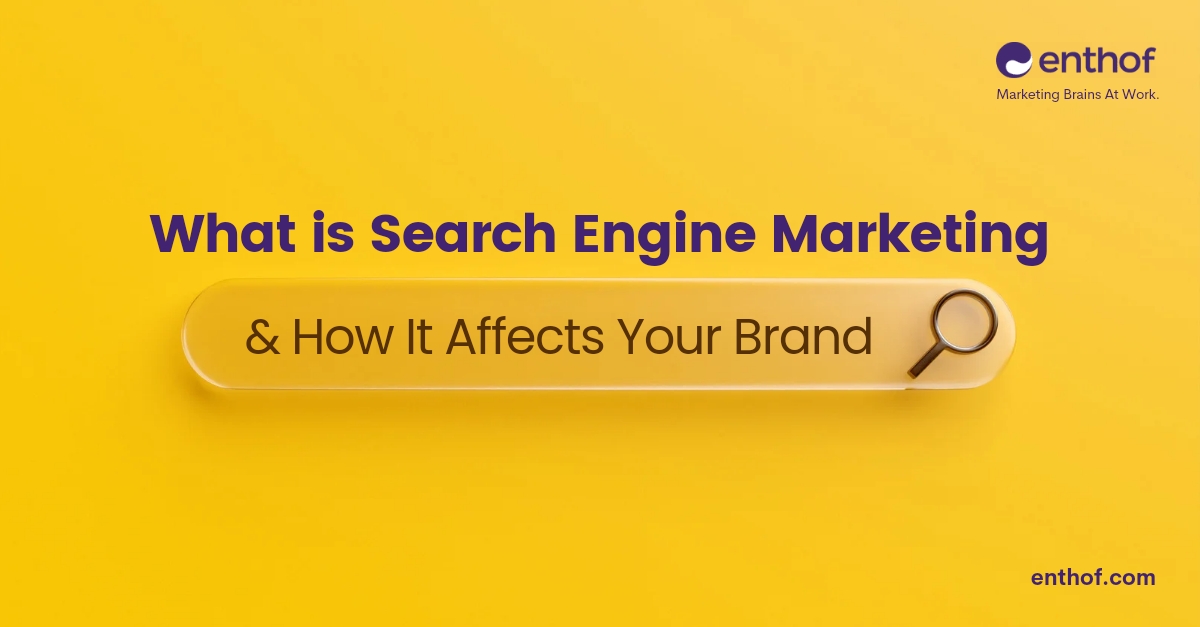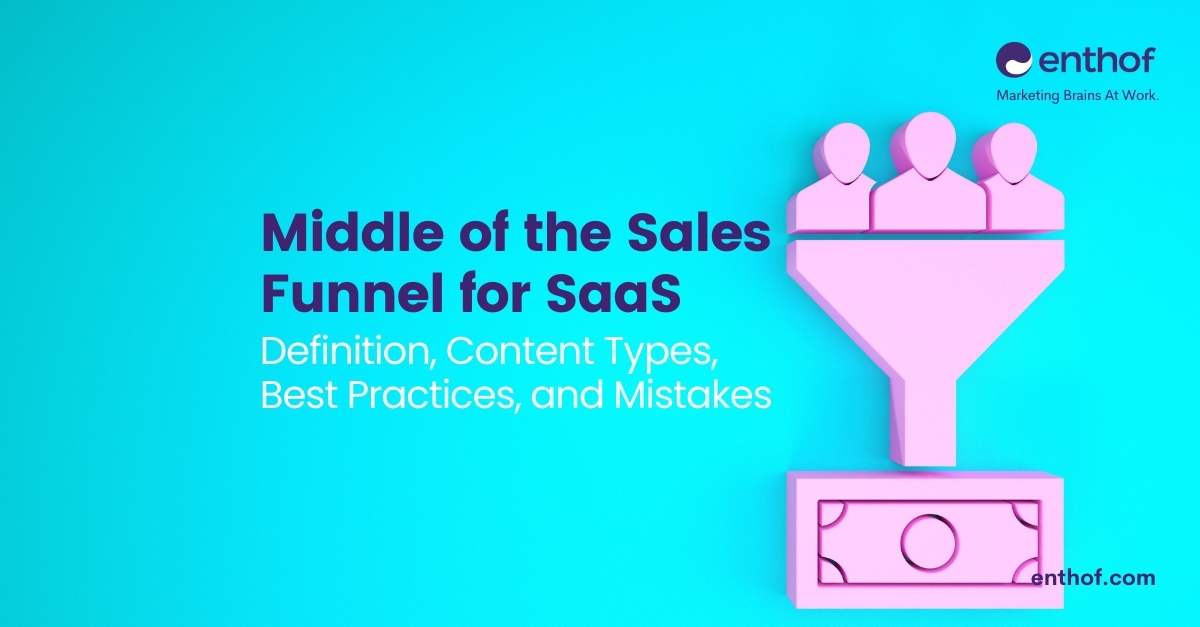Search Engine Marketing (SEM), is crucial to increasing your brand’s visibility online. If you think about any company that is successful, chances are they have participated in digital marketing.
Search engine marketing can be one of the most powerful online tools that your brand has access to. This is a cost-effective and efficient way to increase traffic to your website and improve conversions.
This post will cover the basics of search engine marketing. It includes the different types of SEM tools and the things to watch out for when you create a Search Engine Marketing strategy.
What is Search Engine Marketing?
Search engine marketing refers to a variety of tools that you can use to drive visitors to your website through search engines.
SEO is not the only aspect of SEM. SEO refers to improving your website’s visibility on search engine results pages. SEM, however, is all about increasing the visibility and reach of online ads.
SEM accounts can be used for search engines like Google, Yahoo, or Bing. However, it also includes other media platforms such as social media and sites that will help to enhance your business’ credibility. SEM strategies must consider not only the keywords and approaches that are needed to reach the right audience, but also the ones used by other brands which rank high in Google, Yahoo and Bing results.
Search Engine Marketing is a great way to increase brand visibility. organic search accounts for 51% of all website traffic. Unrealized traffic and sales could be a significant loss for your business if you don’t have the right SEM strategy.

What types of Search Engine Marketing can I choose from?
You have a variety of SEM tools that can help you strengthen your online brand. These are only three examples.
1. Search Ads
If you use the right keywords and meet other criteria, your ads can be found at the top search results. Users who search for your brand, industry or product type might be rewarded by one of your strategically designed ads.
Search ads can be budgeted on a per click basis. This means that you are only charged when someone clicks on the link in your ad to visit your site.
2. Search Engine Optimization
SEO (search engine optimization) refers to the natural improvement of your website’s visibility on search engines like Google and Bing. Your website will get more traffic if it ranks higher in search results. This will help your brand gain more attention.
SEO analyses search engine algorithms to optimize the chances that your site appears in search results. This strategy allows you to position your company with the right keywords and increase customer traffic.
3. Websites for Authority
Authority websites are websites like blogs, online magazines, blogs, and journals that search engines consider trustworthy. These websites can be integrated into your brand strategy to drive traffic to your site.
You could ask an authority blogger to review your brand and publish a blog encouraging readers to visit your site. This strategy can help improve the ranking of your website in search engine results. This strategy can help you promote your brand to potential new customers who may not otherwise be searching for it. Because your brand appears on other sites, these readers are more likely to trust it.
Search Engine Marketing: Why does my brand need it?
You’ll be behind your competitors if you don’t take part in SEM. To increase their brand visibility, US companies spent almost $58 on search advertisement in 2020. This shows that this method is very popular.
Are you curious about the other benefits of search engine optimization? Below are the benefits of digital marketing strategies.
- Precision: SEO allows you to target audiences that are most likely convert. To find out which keywords and calls-to-action will be most effective in attracting potential customers, you can do keyword research. You won’t waste hundreds of thousands on poor strategies if you do this.
- Measurability with SEM: You can see how many clicks and converts your ad has generated. This data can be compared with keywords and other ads. You can then track the return on your investment and budget your digital marketing campaigns accordingly.
- Strategy Alignment A sound business strategy may include a quality product that accurately identifies customer requirements. You can make sure that your customers search intent aligns with your business strategy by including an SEM strategy.
How can I optimize my Search Engine Marketing strategy?
While SEM can be an effective tool for your brand, it can also be costly. You need to know who your ads are reaching and what keywords they should be using to reach them. These are important points to keep in mind as you plan your brand’s marketing strategy.
- Practice Split testing: If you don’t know which keywords and landing pages to target, it is worth trying out different combinations. You can use your results to determine the most effective mix of keywords and landing pages.
- Know your goals: Advertising is only effective when it achieves your business’s objectives. This could be to increase sales, drive traffic to your site, reach new audiences or simply grow brand visibility. Before you decide to launch your ad or commit money to it.
- Budget: SEO strategy does not only focus on targeting the right audience with keywords. It’s all about knowing which keywords are the most cost-effective and which audiences convert best. Your budget should be used efficiently when you use SEM strategies. Start by calculating your return-on-investment. Then, choose the ads that deliver the greatest ROI.
- Find out what your landing pages look like Signaling: When users click through an advertisement, what message do they receive? Does your brand make a good first impression? The landing page should be relevant to the ad. Visual cues and the right images can help to reinforce the delivery of your ad. External certification can be used to create authority and trust in your messaging.
Search Engine Marketing: Is it right for you?
The answer is yes if you have a business that wants to make money. SEO should be an integral part any brand’s digital strategy. It creates a strong online foundation for your brand. It’s not as simple as just conjuring up a few keywords and placing them in an online advertisement.
You need to carefully plan your brand marketing campaign. This includes who you want to reach and how you want your ads to look. Also, consider what keywords and search engine ads will give you the highest return on your investment.
To see if your competitors are using the same Search Engine Marketing strategy, pay attention to their brand marketing strategies. Above all, experiment with different keywords and the audiences they attract. A brand marketing strategy that is effective will result in a better brand presence, increased website traffic and higher conversion rates.



